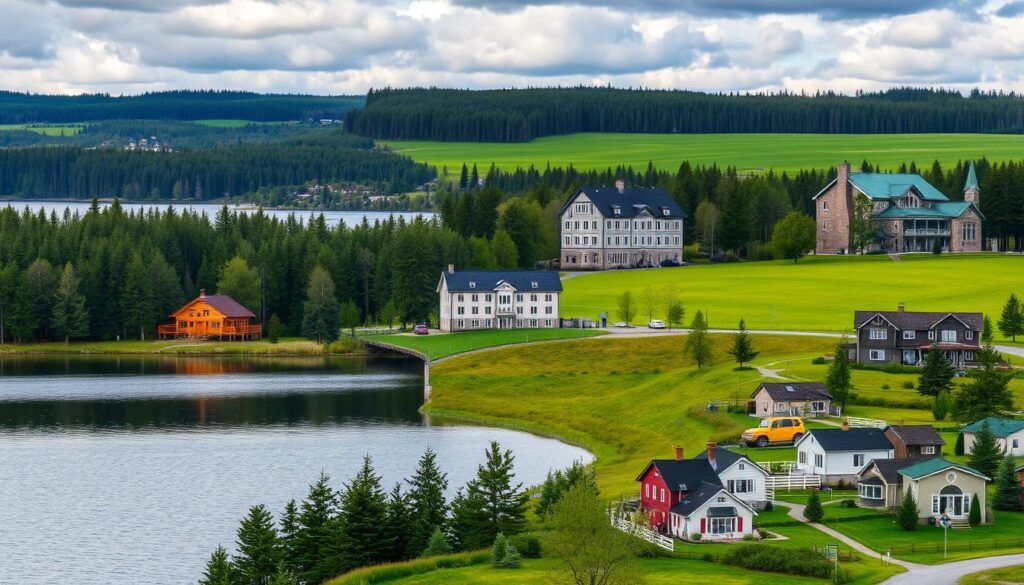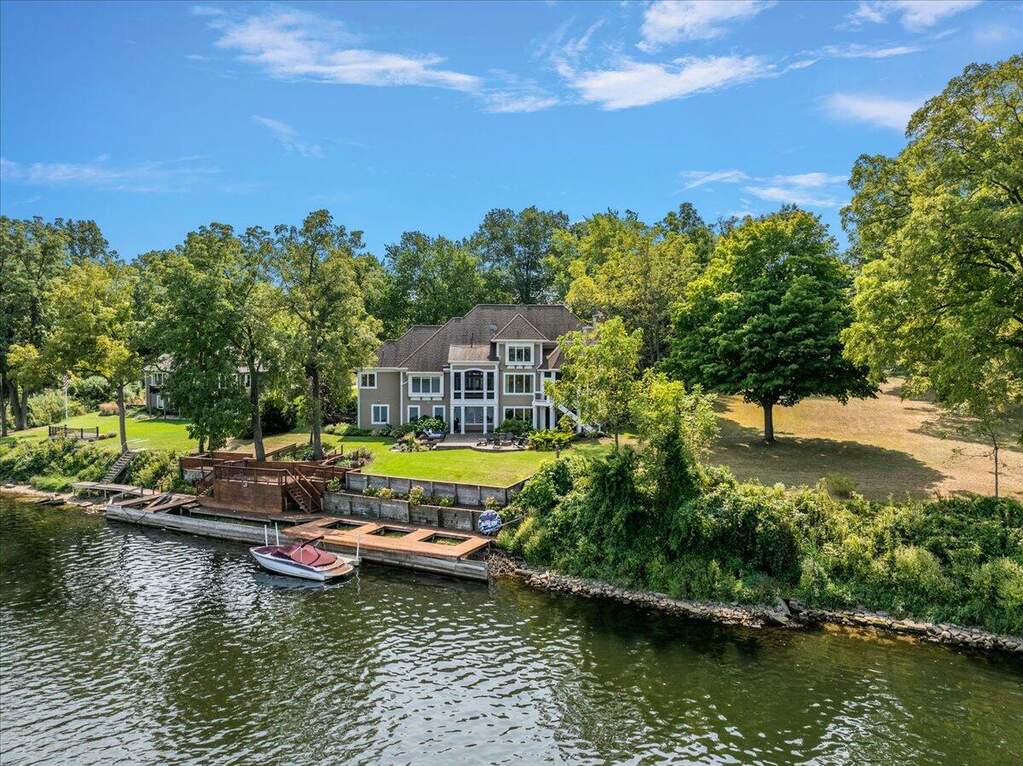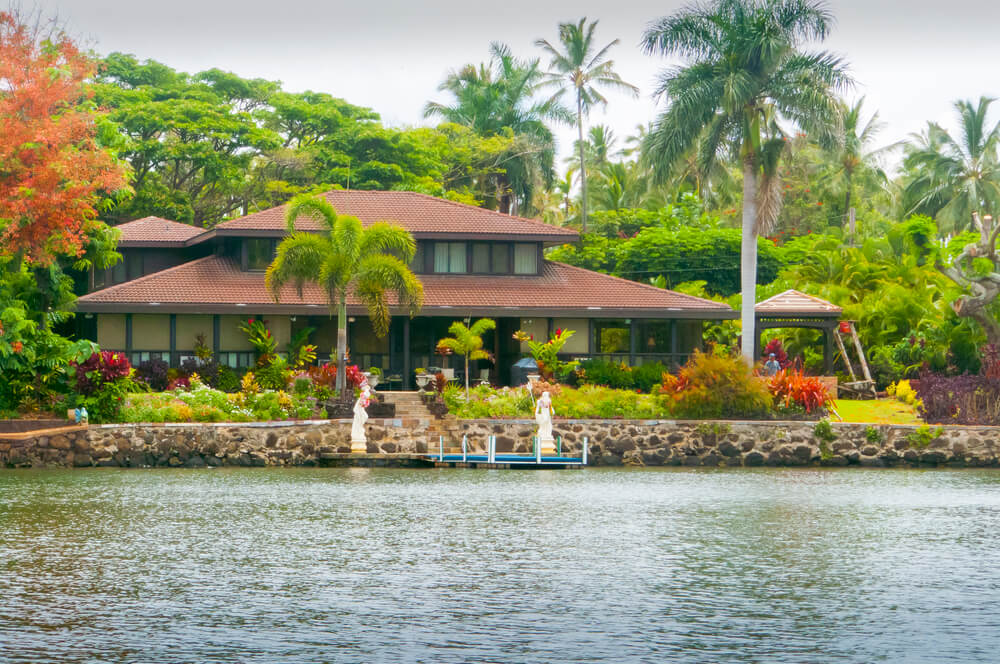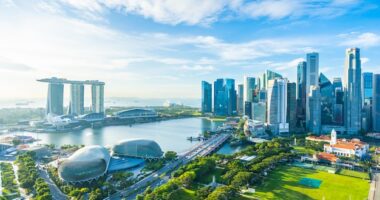Singapore’s real estate market is a tapestry woven with diverse property types, each catering to different lifestyles, budgets, and investment goals. From the sleek luxury apartments that dominate the skyline to the charming shophouses tucked away in historical neighborhoods, the options are as varied as the city-states vibrant culture.
However, navigating this intricate landscape requires more than just a keen eye for design; understanding the rules and requirements set forth by the government is equally essential. Whether you aspire to purchase a condominium, invest in a landed property, or buy a commercial space, grasping the nuances of property ownership in Singapore is key.
This article will delve into the various property types available in Singapore, alongside the essential regulations that prospective buyers must consider, ensuring a well-informed journey into the world of real estate.
Types of Property Available for Purchase

In Singapore, prospective buyers can choose from a wide range of property types, each suited to different needs and goals. Public housing flats, known as HDBs, offer an affordable option for residents and come in sizes from small studios to large five-room units, supporting strong community living.
For those who want more privacy or luxury, private condominiums and landed properties are available. Condos often include features like swimming pools and gyms, while landed homes provide more space and privacy.
River green is an example of a private development that combines comfort, convenience, and modern amenities, making it attractive to both homeowners and investors. Commercial properties such as retail shops and office units also appeal to buyers focused on rental income.
Each property type comes with its own rules and conditions, so it\’s important to understand them before buying in Singapore’s real estate market.
Eligibility Criteria for Purchasing Property

When considering purchasing property in Singapore, potential buyers must navigate a specific set of eligibility criteria defined by the government. For instance, Singapore citizens enjoy the broadest access, while permanent residents face more restrictions, particularly when it comes to private property.
Foreigners are welcome to buy property, but only specific types, such as condominiums, and only after securing the necessary approvals. Buyers must also ensure they meet the financial requirements, including a minimum income threshold and the ability to secure financing through a bank loan if needed.
Additionally, there are rules surrounding the acquisition of land, particularly in relation to landed properties, where ownership is typically limited to Singapore citizens. Understanding these eligibility factors is crucial for anyone looking to navigate the competitive real estate landscape of this vibrant city-state.
Key Regulations and Guidelines

In Singapore, navigating the landscape of property ownership requires a keen understanding of key regulations and guidelines that govern various property types. For instance, Singaporean citizens enjoy relatively unrestricted access to the purchase of both private and public housing, including HDB flats, which are designed for affordability and community living.
However, foreign buyers are subject to stricter conditions, primarily focusing on private residential properties and landed estates, necessitating compliance with the Residential Property Act. This act stipulates that foreigners can only acquire certain types of property under specific circumstances, influencing their investment decisions and strategies.
Additionally, there are stipulations regarding property usage and enhancements, all designed to maintain the urban fabric and ensure responsible development. With the evolving urban landscape and regulatory frameworks, potential buyers must remain vigilant and informed, considering not just the immediate financial implications but also the long-term commitments and obligations that accompany property ownership in this vibrant city-state.
Conclusion
In conclusion, navigating the diverse landscape of property types in Singapore can be both exciting and complex. From luxurious condominiums to landed homes and HDB flats, each category offers unique opportunities and comes with specific rules and requirements that potential buyers must understand.
Notably, developments like River Green highlight the innovative architectural design and urban planning that characterize Singapores real estate market. Whether you are a first-time buyer or an experienced investor, staying informed about the regulatory framework and market trends is essential for making sound decisions in this dynamic environment.
With careful consideration and strategic planning, you can successfully find a property that meets your needs and aligns with your investment goals in one of Asias most vibrant cities.




